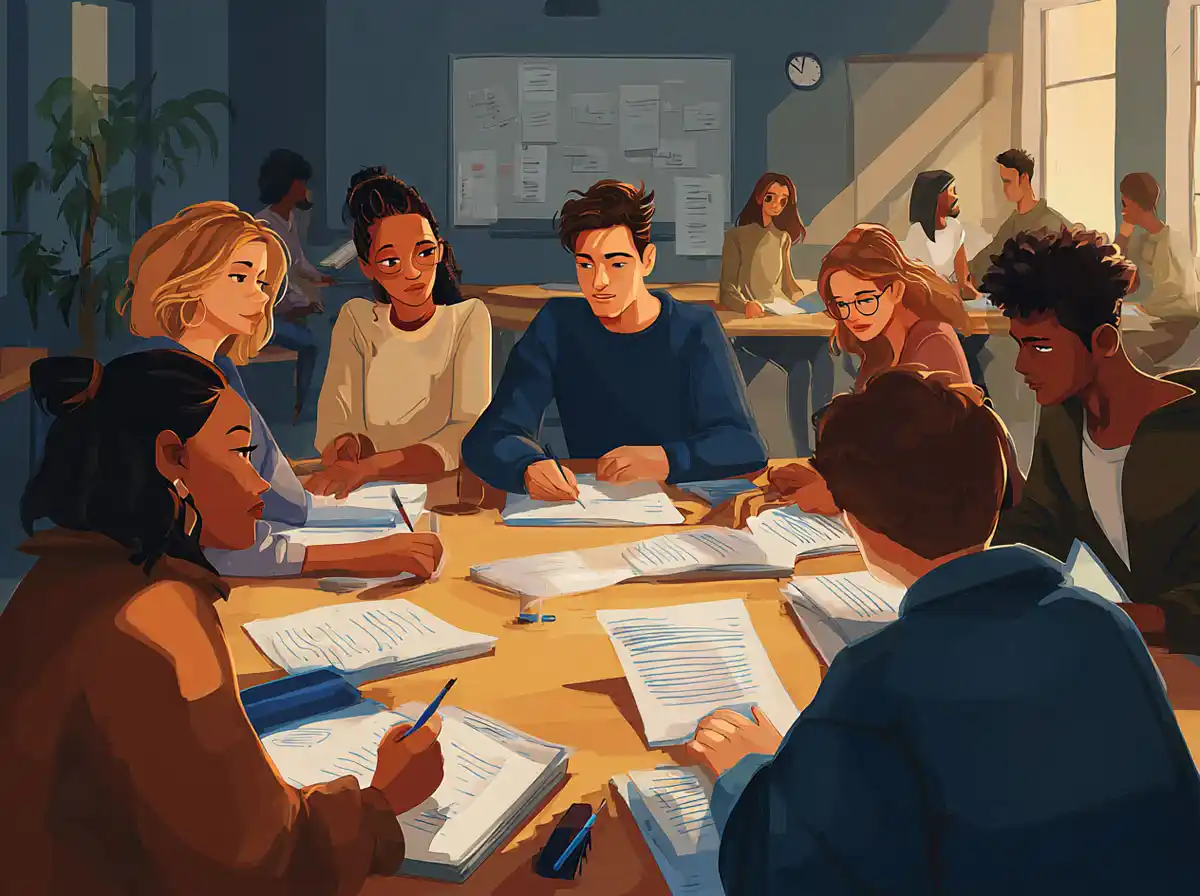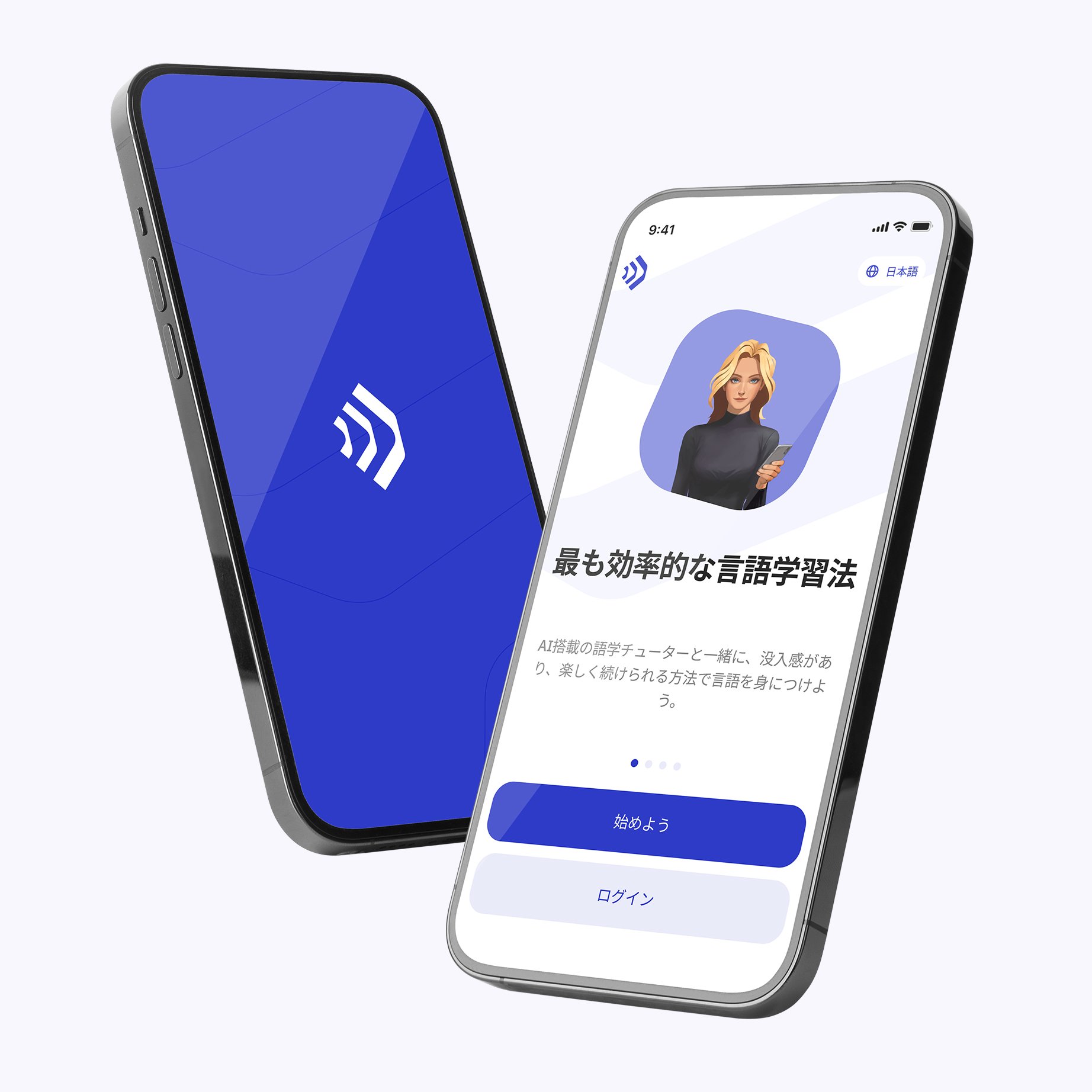この演習では、さまざまな文脈で使用される過去完了時制を練習します。各文には一つの空欄があり、正しい形を埋めることが求められます。すべての文が実用的な例を用いているので、実際の会話やライティングでこの文法規則を活用する際の理解を深めることができるでしょう。それでは、以下の演習を通して過去完了時制の使い方をしっかりと身に付けましょう。
演習1: 過去完了時制の基本形
By the time we arrived, the movie *had started* (start).
I *had never seen* (never see) such a beautiful sunset before that day.
She *had finished* (finish) all her homework by the time her parents got home.
They *had left* (leave) the party before we even got there.
He realized he *had lost* (lose) his keys.
Had you *had visited* (visit) that museum before it closed down?
Mary was very sad because she *had missed* (miss) the bus.
The garden was dead because it *had not rained* (not rain) in months.
We *had just finished* (just finish) eating when they called us.
By the time the concert ended, I *had lost* (lose) all sense of time.
Tony knew that the police *had found* (find) the evidence.
I wondered if you *had received* (receive) the package I sent.
She felt better after she *had spoken* (speak) to her friend.
They *had walked* (walk) all the way to the top by noon.
By the time he remembered to call her, she *had gone* (go) to bed.
演習2: 過去完了時制を使った複文の形成
She couldn’t come to the meeting because she *had lost* (lose) her car keys.
After they *had found* (find) a place to stay, they went out for dinner.
I could tell that the cookies *had been baked* (bake) a long time ago.
Before the storm hit, we *had secured* (secure) all the windows.
She was unhappy that he *had forgotten* (forget) their anniversary.
He *had worked* (work) at that company for five years when it suddenly went bankrupt.
It was obvious that the document *had been tampered* (tamper) with.
They wished they *had stayed* (stay) at home because the event was not enjoyable.
Once she *had seen* (see) the size of the spider, she screamed.
The play couldn’t start because the lead actor *had not arrived* (not arrive) yet.
Since they *had never traveled* (never travel) abroad, they found the experience thrilling.
I *had just realized* (just realize) the truth when you walked in.
The cat *had eaten* (eat) all of its food by the time I checked.
As soon as he *had finished* (finish) his speech, the crowd erupted in applause.
Even though she *had studied* (study) very hard, she didn’t pass the exam.










